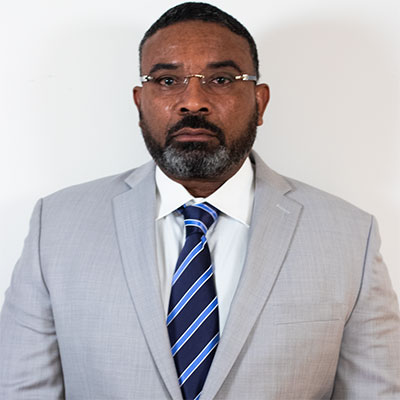By Adam B. Coleman
I didn’t have a strong interest in Hip-Hop until my late teens. This, I felt, gave me an advantage to see it as something to not take seriously.
Of course, I heard all the popular songs growing up and know all the pop culture references, but it wasn’t something I sought after. To me, it was simply music that you either liked or didn’t. I never saw it as a culture to subscribe to.
Because of this mindset, I saw it as entertainment, especially for its shock value. I even went through a phase listening to nothing but Three Six Mafia because I thought their lyrics of overt thuggery were fun & hilarious. To me, they were just caricatures of gangsters telling hood stories. Something to make listeners potentially clutch their pearls.
I was 21 years old when I became a father to a healthy and wonderful boy. The days of riding around in my sport compact car blasting degenerate music for giggles instinctively came to an end.
At the time, I couldn’t verbalize to the degree I can today why I made a change. But in my heart, I knew what rappers said was immoral and nothing to expose to an innocent child. As soon as my son would get in the car, the music would change. My son is now 15 years old. I may have listened to one hip-hop song with him in the car ever.
As I’ve gotten older, I realized how influential this genre of music is not only for adults but also the children that listen beside them. Sure, you can bleep out the curse words and play it on your local FM radio station, but it doesn’t change the messages rappers portray. It doesn’t take a rocket scientist to figure out what they’re talking about and the translation of those censored words.
In a time where black people are concerned about how they’re being portrayed in the media, we have a blind spot when it comes to black media. Specifically, how hip-hop culture has helped mold black media into accepting degeneracy within black culture itself.
Every group has their ignorant & degenerate people, but we seem to embrace these people as if they remind us of our favorite recording artist. If our image mattered, why would we give these people the spotlight?
Many of us lack the understanding of how popular Hip-Hop is not only in America but across the world. When I would enter taxis in Germany, they’d mostly play American songs, and I heard multiple Hip-Hop songs. People from other countries who may never meet a black American now believe Hip-Hop’s ignorance represents the authentic black experience.
Some black people love to talk about how outsiders appropriate black culture but never talk about how corporations misappropriate black culture. Black degeneracy is sponsored by billion-dollar corporations who have no problem propping up the worst among us. To them, it’s just business. But to us, it’s our image & community standards at risk.
We were more upset when Kanye put on a MAGA hat than when Nelly slid a credit card down a black woman’s ass crack. Nelly figuratively purchased a black woman and helped redefine the value of a black woman for the masses’ entertainment. But hey, Trump is bad.
Speaking of politics, because Hip-Hop is mainstream, the immoral characterization of black men and promotion of prison culture has many outside the black community believing the number one interest for black Americans is prison and bail reform.
That’s the reason your local politician doesn’t advocate for the improvement of your child’s school. Or why they don’t care about bringing out the potential from our brightest black youth. It’s because they’re trying to save the degenerates among us from receiving proper punishment.
So, I ask, why haven’t we tried to cancel aspects of Hip-Hop?
We now live in the age of the MeToo movement. Part of this movement was to go after anything that resembled misogyny. Yet, there wasn’t a peep about Hip-Hop’s over-sexualization of women, not even from black women who believed in the movement.
Black women would rather berate Kevin Samuels for calling a black woman “average” and dance to the music that calls her a hoe.
Why haven’t we tried to cancel the aspects of Hip-Hop that are clearly destructive to our community’s image? Why don’t we promote artists that have a positive message?
We can cancel hip-hop by not giving it any attention or our dollars. This isn’t about telling artists they can’t say certain things, this is about what we tolerate individually.
Without the multi-billion-dollar profit motive to exploit black criminality, it would die off. We would go back to the days of using Hip-Hop to tell a story. Even if it’s an unpleasant story, like Grandmaster Flash & the Furious Five did with the song “The Message.”
We’d go back to the days of Hip-Hop artists bringing awareness to inner city issues like the Stop the Violence Movement did with their song “Self-Destruction.”
I canceled hip-hop over 15 years ago for my son because it’s inappropriate for children. If he’s going to listen to trash music, he’s not going to hear it from his father’s radio. I refused to have my son believe this music and culture is something to applaud. But to be principled; I had to do this for myself as well.
In recent years, I’ve canceled hip-hop from my life entirely. I will not patronize any record label, television station, or radio station that promotes black ignorance, favors black immorality, and excuses black criminality.
Subscribe to get early access to podcasts, events, and more!






